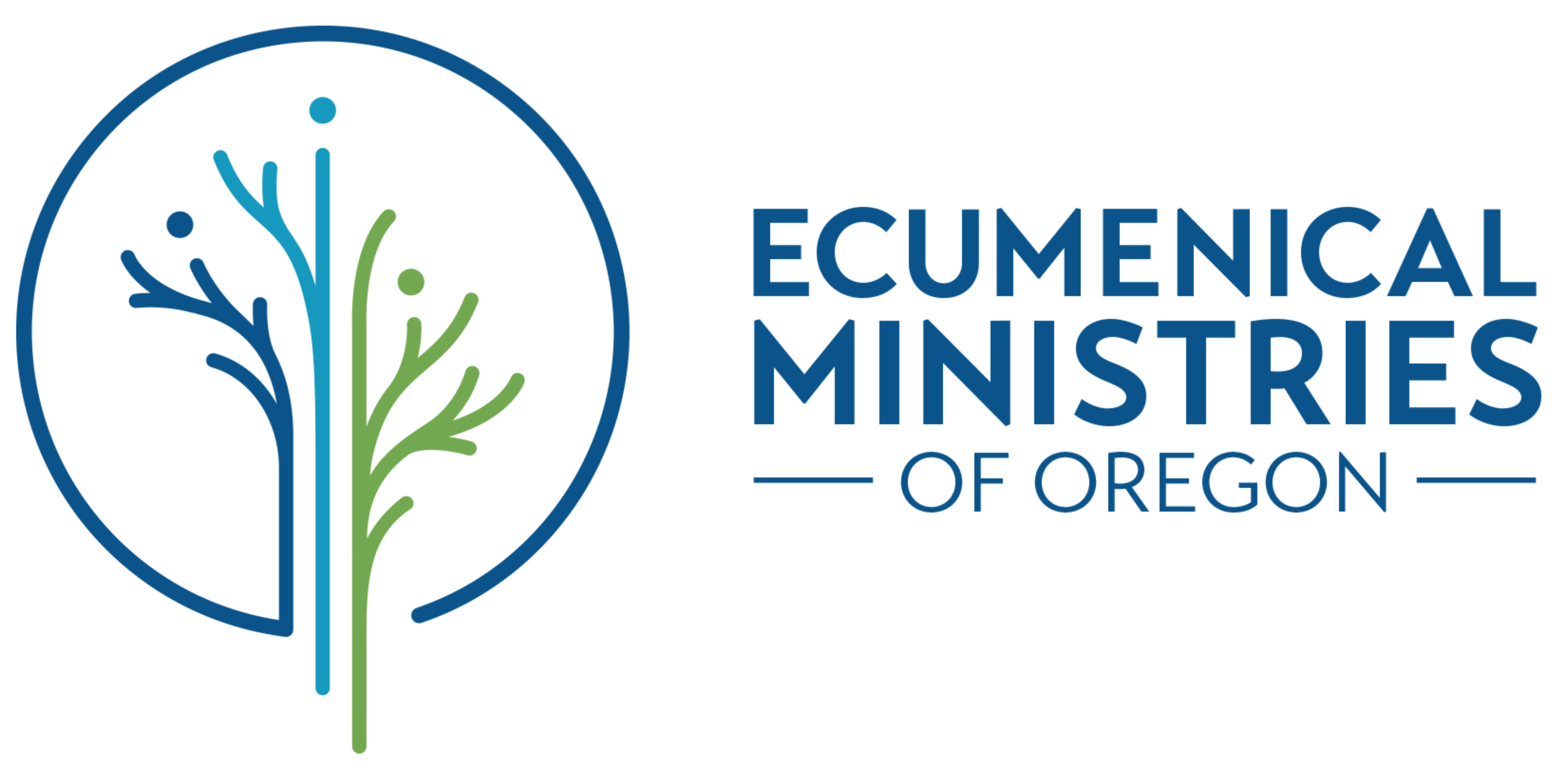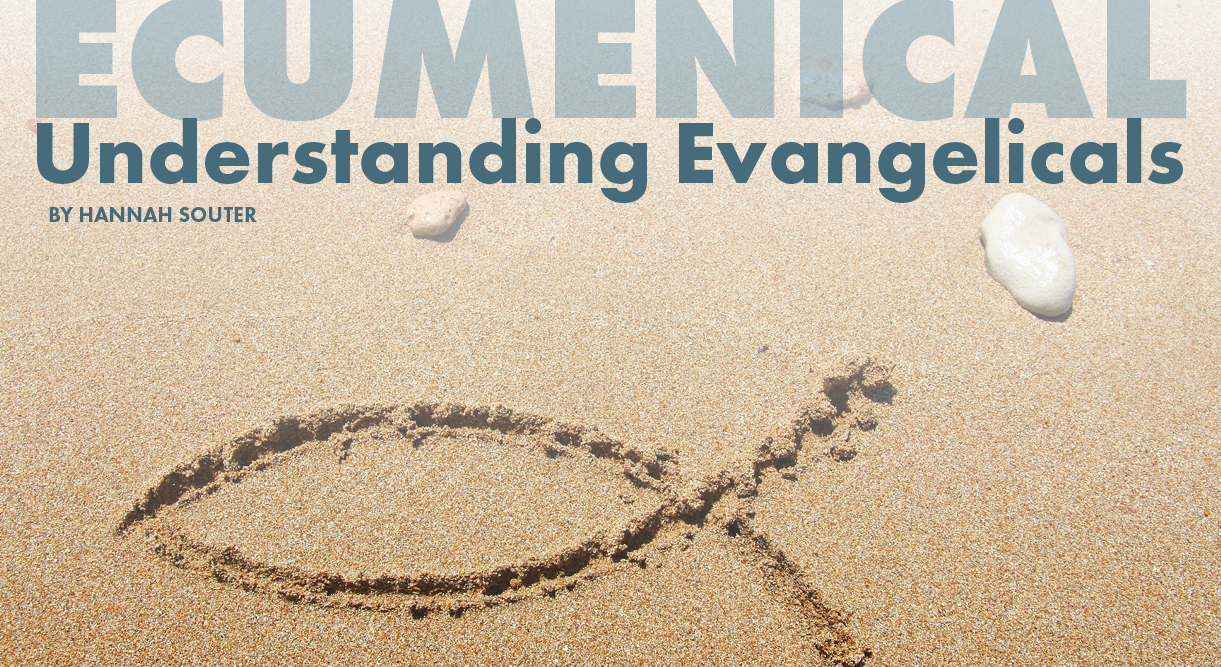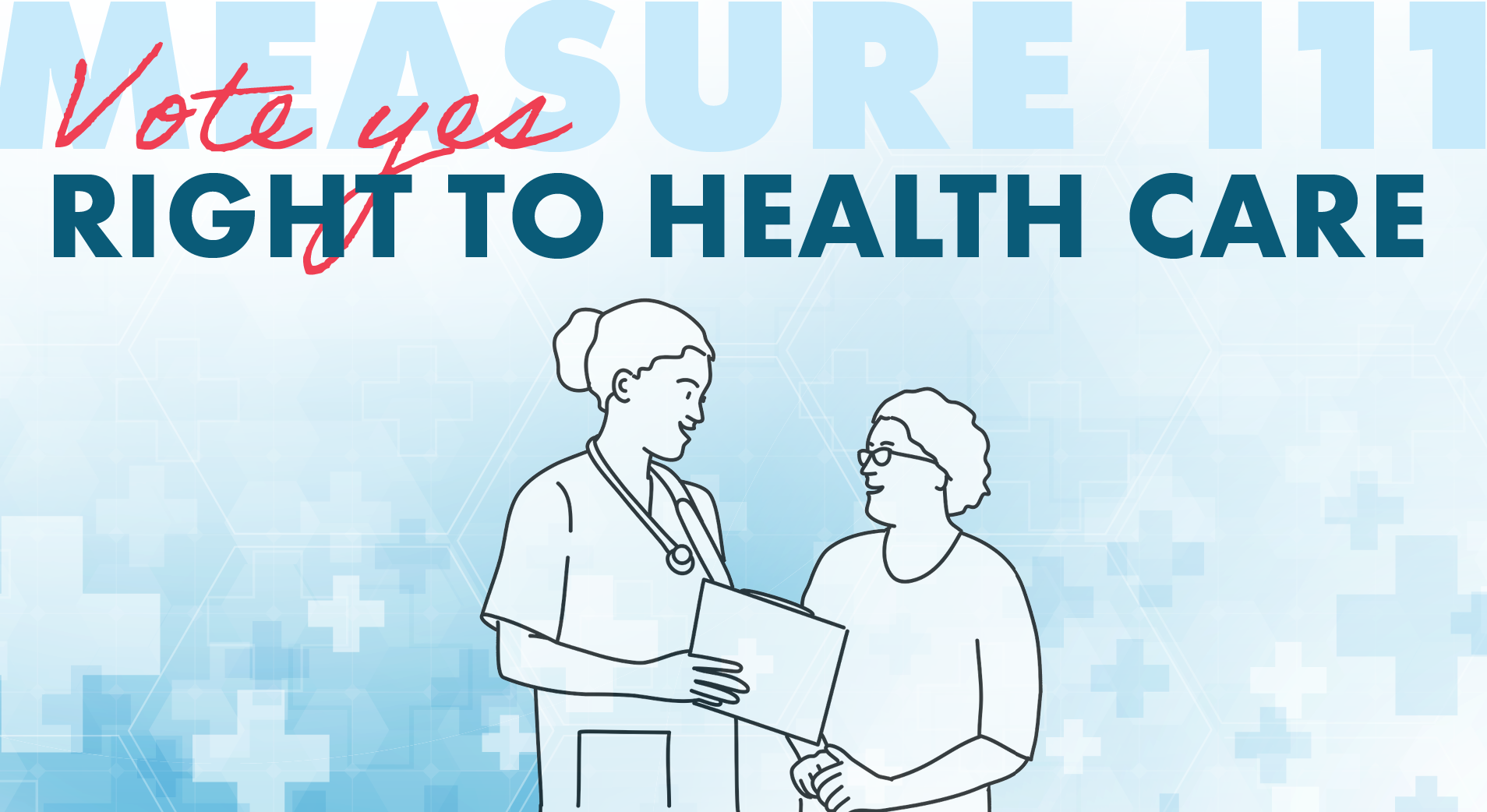 Defining the term evangelical is like trying to untangle last year’s Christmas lights that you promised yourself you would store properly next time. Evangelicals themselves have differing views on the primary convictions of their faith. Many would not be able to tell you what a distinctively evangelical belief even is.
Defining the term evangelical is like trying to untangle last year’s Christmas lights that you promised yourself you would store properly next time. Evangelicals themselves have differing views on the primary convictions of their faith. Many would not be able to tell you what a distinctively evangelical belief even is.
That might have been me before writing this article. I did not want to touch the word evangelical with a ten-foot pole, but after learning a bit more of its historical grounding and essential beliefs, I find the term a lot less scary.
For research purposes, Barna Group (a Christian polling firm) defines evangelical in narrow terms—identifying seven qualifying criteria in addition to meeting the requirements of the faith affiliation category “Born Again.” With those narrow criteria, only six percent of U.S. adults would be considered evangelical.
How can six percent of U.S. adults have such a gripping influence on our nation’s cultural and political landscape? In the United States, the term evangelical has become synonymous with conservatism. Whatever the flavor—religious, political, fiscal or moral—conservatism has become more of an identity marker for evangelicalism than actual faith convictions.
Depending on these differing identity markers, it is more accurate to say that evangelicals make up between seven and 47 percent of the U.S. population. No wonder it feels like a big, tangled up ball of Christmas lights.
But when we start to sort through and untangle those individual strands, evangelicalism becomes much easier to work with, and even some of its beauty is redeemed.
Jonathan Merritt writes for The Atlantic that “the most widely accepted definition of evangelical is probably the one put forward by historian David Bebbington in 1989.” It’s called the Bebbington quadrilateral, because it identifies evangelicals as Christians who share four main qualities:
-
- Biblicism: a high regard for the Bible
- Crucicentrism: a focus on Jesus’ crucifixion and its saving effects
- Conversionism: a belief that humans need to be converted
- Activism: the belief that faith should influence one’s public life
Without all the problematic trappings of conservatism and political affiliation, there is room to see how these four qualities could contribute to the broader family of Christianity emphasizing Jesus and his teaching to be “salt and light” in the world. A definition like this allows for more common ground and, hopefully, better understanding, collaboration, and partnership in our shared vision to participate in God’s redemptive, healing work in the world.
As previously noted, not all evangelicals agree. Some don’t have any theological convictions and prefer the sociopolitical definition. Regardless, my hope is to untangle evangelicalism from all it has become and celebrate its gifts to the larger whole.
In a world where it is so easy to make caricatures out of each other, may we learn to stay curious and truly see one another for who we really are. ▪
Hannah Souter is pastor of Community & Spiritual Formation at New Hope Church in Portland, Ore. She also serves as the assistant director for Portland Seminary’s Institute for Pastoral and Congregational Thriving and their high school youth program, Theologia.




